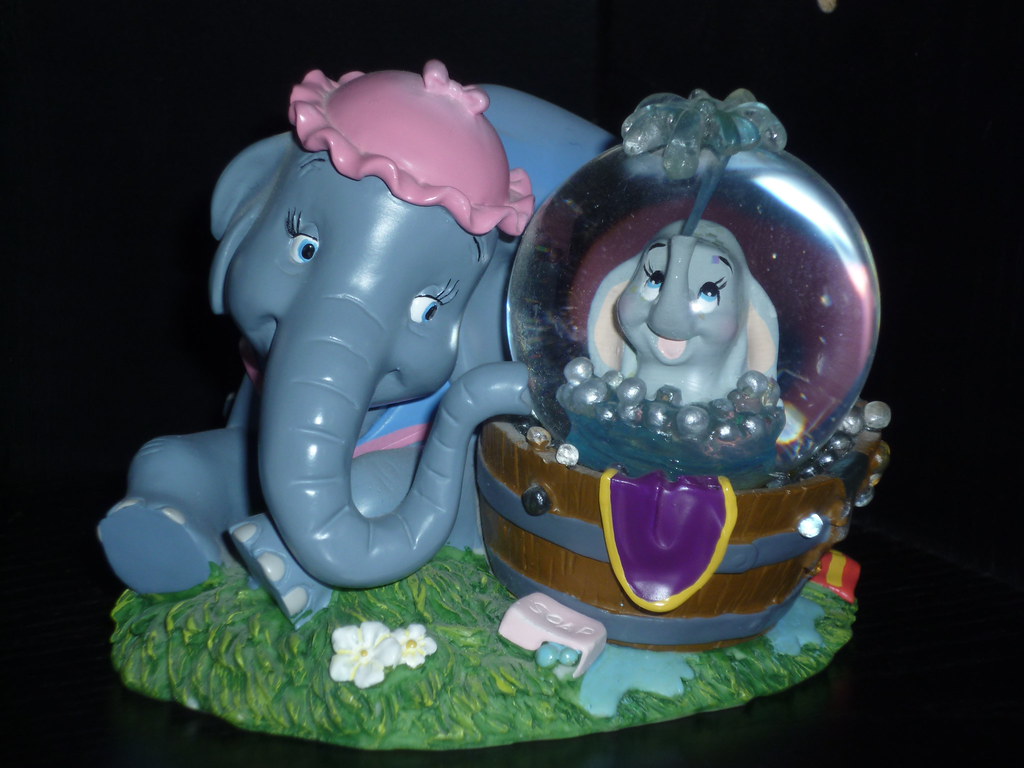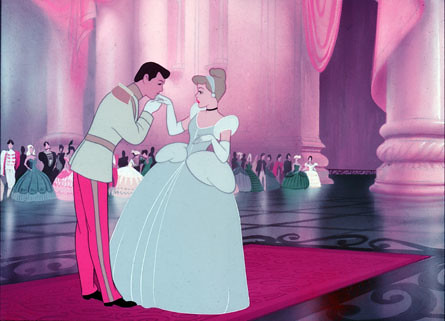Hey all, it has been quite a year. We've seen so many tragedies and losses that it seems almost laughable. We've also learned that a good number of people don't know how to behave decently or to recognize when a rich man cons them and promises them castles in the air. Haters in the night will paint swastikas, and celebrities will pass when we expect them to live for an eternity.
I'm not sure what kind of year it has been personally, so I will attempt to recap.
Academics
I graduated with a Masters in Business in May 2016. I attended my graduation because it felt like an accomplishment to finish the year in between job interviews, attempting to write seriously, doing freelance work for a hair salon corporation. Having that graduation photo, and my diploma in hand, brought to home the work that the past two years entailed.
My friends from grad school are doing well. One who asked me if I could take in a black kitten moved to Las Vegas with her family, and she posts happy updates on Facebook. Several others have received lucrative job offers, gotten married, and bought houses. I'm really happy for them.
Then I went to my first three jobs, finally settling at the company where I work now. My supervisors and coworkers are nice and honest, while helping me learn how to do my tasks better. Right now my goal is to work my hardest and accomplished the tasks set out to me.
Publications and Writing
This year I wrote three pieces for Enchanted Conversation, and one got published: a poem about "Donkeyskin". Roar 7 published my story, "The Golden Flowers," and I plan to submit to the year 8 anthology.
Book Riot's sister website Panels hired me as a freelance columnist, and then I started working with Book Riot. I was lucky to attend the live event in November, and to meet my coworkers.
I sold my third story to a professional publication, "Memoriam," to Where the Stars Rise. In addition, Nightmare Magazine reprinted "The Opera Singer," and Beneath Ceaseless Skies released "The Jeweled Nawab Retreat". I wrote four short stories on commission, and will be do more in 2017.
Nanowrimo
Nanowrimo is National Novel Writing Month, when hundreds of people across the globe try to write 50,000 words. I've been attempting it for the past few years, though the only time I came close to the 50,000 word goal was in 2013. At the end of November 2016, I had 5300 words, not due to a lack of time, but due to a lack of faith and structure.
To write well, you need to figure out your safe space. You also need to figure out what will nourish your writing. A story is like a plant in a cultivated garden, and a novel is like a bonsai. A bonsai is a tiny tree that can grow in a flowerpot; gardeners take years to cut the roots, shape the limbs, and attend to the leaves. The end result can stun many a viewer.
In November, I couldn't take care of my novel. I hadn't written a plot outline or a journey, due to making up my project on the fly. The characters has to stand on their two feet. Thus I could have either written it as fan fiction or taken a step back to evaluate it honestly.
I did not do any of the above. No plan for the novel ever came to mind. I did write small pieces and poetry, as well as columns for Book Riot. Then the election happened.
For a few weeks, as shown by my November blog post, I felt immense despair about the power of words. It felt like words couldn't make people feel the way I do or see things the way I see them.
My faith in people and justice shook, and has fragmented. It's only coming together now.
Entertainment
Gravity Falls sadly ended this past February. Wander Over Yonder ended this summer. We hope that Wander gets a third season, though the creators are doing a Ducktales reboot that looks promising. As for Gravity Falls, I do hope that we get a reunion or a Christmas special in a couple of years.
Hamilton without a doubt saved the Tonys in June. After a terrible day that started with the Orlando shooting, it seemed one could do nothing against the despair of more tragedy. Then the actors took the stage, and performed with joy. They showed that
Steven Universe in the meantime continues to surprise me, and helped during this past summer. Voltron entertained my brother and me. We got a show called Stranger Things which went viral and reminds us of the power of an entertaining story.With luck, Moana when I see it will follow suit.
As for video games, I stand behind Undertale wholeheartedly. I also think that The Last Guardian is a work of art and that one should watch a playthrough of it at the least. Trico and the Underground monsters make for creatures to protect in the fictional world.
Resolutions
In November, I couldn't take care of my novel. I hadn't written a plot outline or a journey, due to making up my project on the fly. The characters has to stand on their two feet. Thus I could have either written it as fan fiction or taken a step back to evaluate it honestly.
I did not do any of the above. No plan for the novel ever came to mind. I did write small pieces and poetry, as well as columns for Book Riot. Then the election happened.
For a few weeks, as shown by my November blog post, I felt immense despair about the power of words. It felt like words couldn't make people feel the way I do or see things the way I see them.
My faith in people and justice shook, and has fragmented. It's only coming together now.
Entertainment
Gravity Falls sadly ended this past February. Wander Over Yonder ended this summer. We hope that Wander gets a third season, though the creators are doing a Ducktales reboot that looks promising. As for Gravity Falls, I do hope that we get a reunion or a Christmas special in a couple of years.
Hamilton without a doubt saved the Tonys in June. After a terrible day that started with the Orlando shooting, it seemed one could do nothing against the despair of more tragedy. Then the actors took the stage, and performed with joy. They showed that
Steven Universe in the meantime continues to surprise me, and helped during this past summer. Voltron entertained my brother and me. We got a show called Stranger Things which went viral and reminds us of the power of an entertaining story.With luck, Moana when I see it will follow suit.
As for video games, I stand behind Undertale wholeheartedly. I also think that The Last Guardian is a work of art and that one should watch a playthrough of it at the least. Trico and the Underground monsters make for creatures to protect in the fictional world.
Resolutions
This year I am going to do more writing for myself. I'm going to figure out how to write what I want to write, rather than make other people happy. While I'm happy to do it for my friends, who I trust.
I am also going to build on my writing stamina, to do longer tales and to perhaps finish an actual novel. I need to work on my structure for stories, especially with setting and characters, so that the finished drafts become stronger. I hope to recapture that structure and more of the passion.
Happy New Year, everyone. Raise a glass to fighting oppression and writing in the face of uncertainty!













